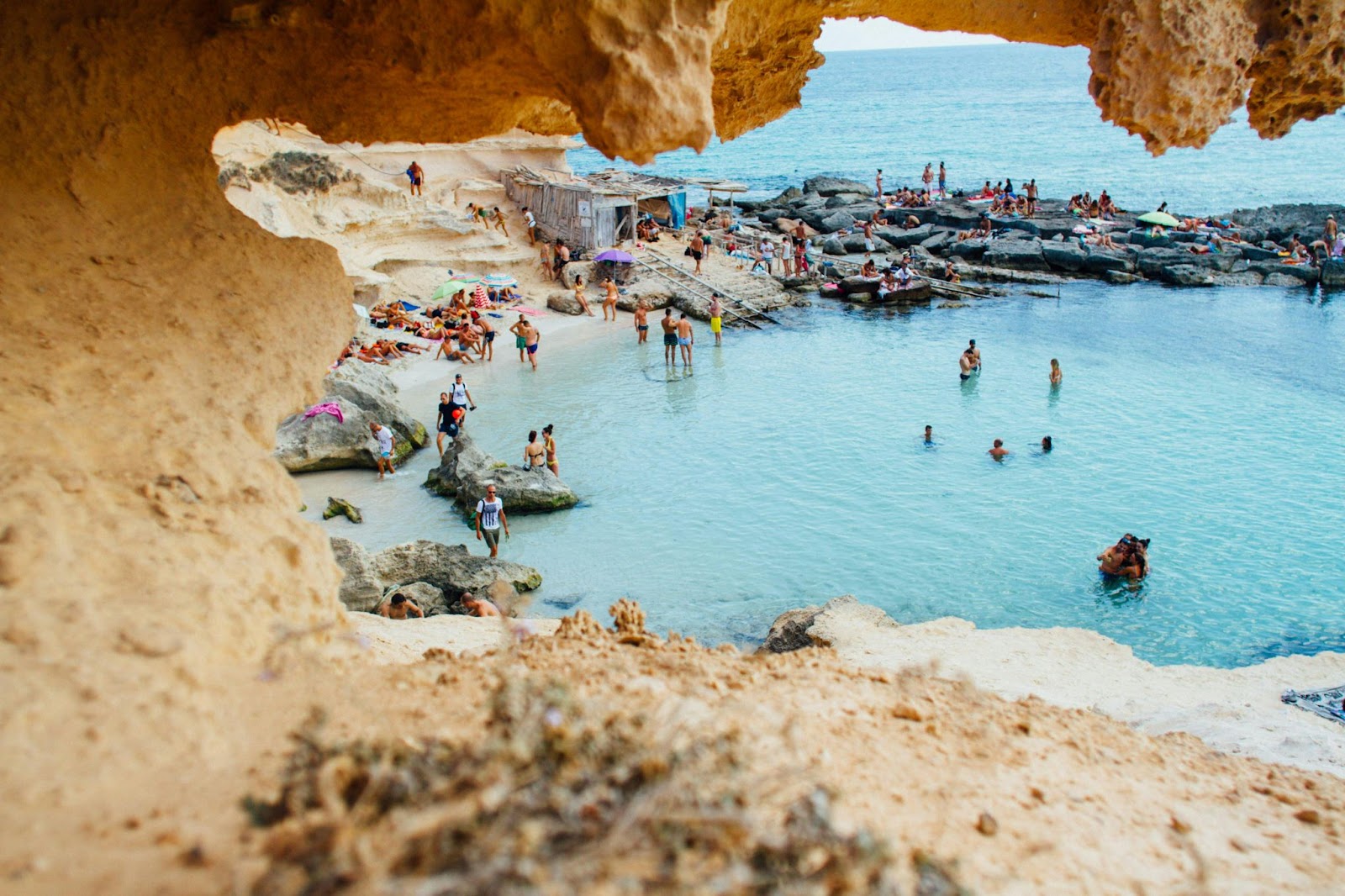 Travel Guide for Spain: Culture, Cuisine and Safety
Travel Guide for Spain: Culture, Cuisine and Safety
Travel Tips for Spain
Travel Tips for Spain itinerary, consider the best time to visit this vibrant country. Spain boasts diverse climates due to its size and geographical variations. Northern Spain, particularly regions like Galicia and the Basque Country, experiences milder temperatures and more rainfall, ideal for visiting in spring or summer.
In contrast, Southern Spain around Andalusia has a Mediterranean climate with scorching summers but mild winters, making it a popular destination year-round. Cities like Seville and Granada are best explored in the spring or fall to avoid the extreme heat. To make the most of your Spain trip, identify must-see destinations that cater to your interests.
Madrid, the bustling capital, boasts world-class museums like the Prado and vibrant squares like Puerta del Sol. If you’re a fan of art and nightlife, Barrio de las Letras is a must-visit district. For a taste of traditional Spain, head to Andalusia and explore the enchanting Alhambra palace in Granada or the festive streets of Seville during Semana Santa. Costa del Sol beckons with its sunny beaches and charming coastal towns like Marbella.
 Navigating Transportation in Spain
Navigating Transportation in Spain
Travel Tips for Spain, transportation plays a crucial role in exploring the diverse offerings of the country effectively. Here’s how travelers can navigate transportation options efficiently:
Public transit in Spain, including buses, metros, and trains, offers a convenient and cost-effective way to travel within cities and between regions. Visitors can utilize the comprehensive public transportation networks to reach popular tourist spots and landmarks easily. It’s advisable to familiarize oneself with the routes and schedules to optimize travel time and make the most of their itinerary.
Renting a car in Spain provides flexibility and the freedom to explore off-the-beaten-path destinations at one’s pace. It’s ideal for travelers planning to visit remote areas or smaller towns where public transportation may be limited. On the other hand, hiring taxis can be a convenient option for short distances or when navigating through areas with restricted parking. Travelers should weigh their itinerary, budget, and travel preferences to decide between renting a car or relying on taxis for their transportation needs while in Spain.
 Accommodation Tips
Accommodation Tips
When deciding between hotels and Airbnb in Spain, travelers should consider their preferences for amenities, privacy, and local experience. Hotels are ideal for those seeking convenience with services like daily housekeeping, concierge assistance, and on-site dining options. On the other hand, Airbnb offers a more personalized experience, often providing unique accommodations in residential neighborhoods, giving travelers a taste of local life. It’s essential to weigh factors such as budget, location, and desired amenities when making this decision.
To ensure a safe stay in Spain, travelers should prioritize certain safety measures. When booking accommodation, opt for reputable hotels or Airbnb listings with positive overviews and verified hosts. It’s advisable to choose accommodations in well-lit and populated areas, especially when arriving late at night. Secure your belongings by using hotel room safes or locking valuables in Airbnb properties. Familiarize yourself with emergency exits and procedures at your chosen accommodation to be prepared in case of unforeseen events. Additionally, it’s recommended to have travel insurance that covers accommodation-related incidents for added peace of mind. By being cautious and proactive, travelers can enjoy their stay in Spain with confidence.
 Budgeting for Your Trip
Budgeting for Your Trip
Travel Tips for Spain, travelers should anticipate spending between $50 and $150 per day, depending on their preferred style of travel. This budget should cover accommodation, meals, local transportation, and sightseeing activities. By allocating funds wisely, visitors can enjoy a fulfilling experience without overspending.
To save money on attractions in Spain, travelers can take advantage of city passes and tourist cards that offer discounted or free entry to popular sites and museums. Additionally, visiting attractions during off-peak hours or opting for combination tickets can help reduce costs. Exploring free attractions such as parks, markets, and historic neighborhoods is another great way to experience Spain’s culture without breaking the bank.